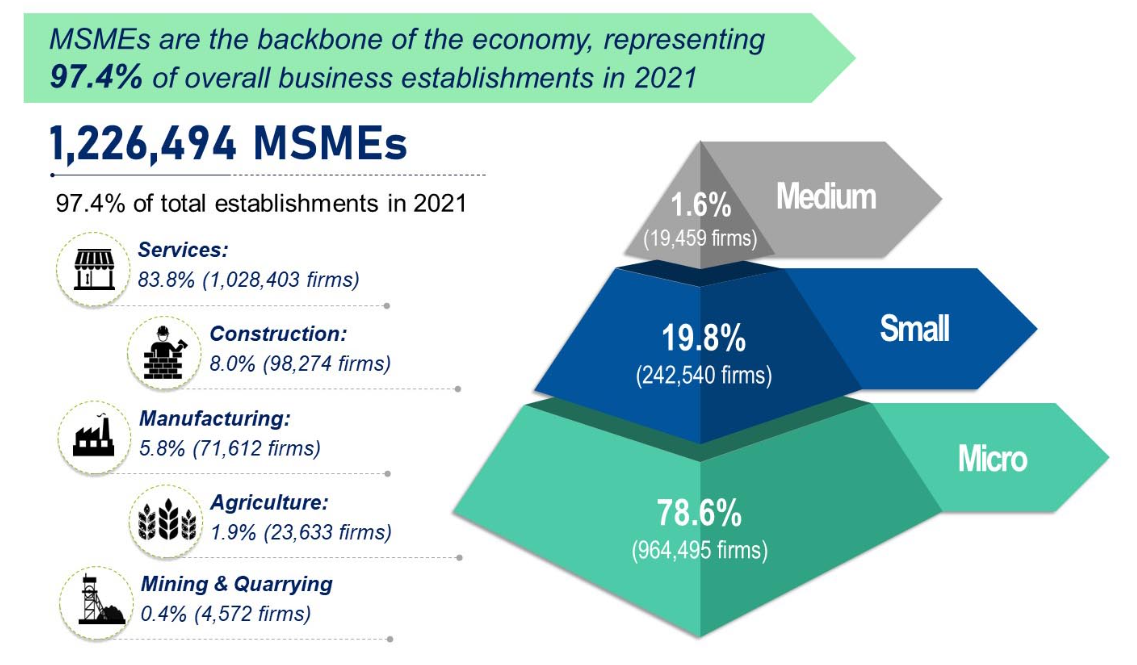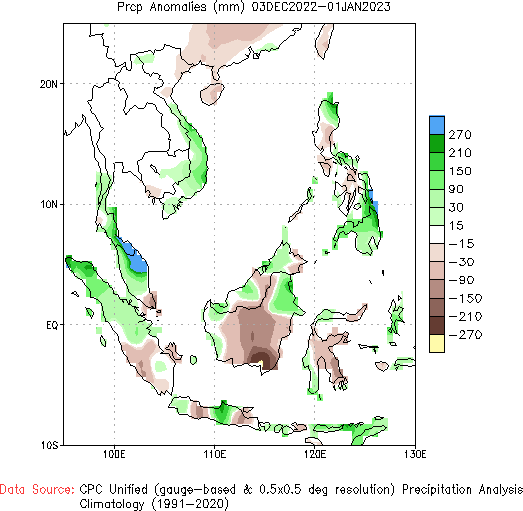On 8 February 2023, the Forest Stewardship Council (FSC) organised a stakeholder consultation workshop for its newly launched Natural Rubber Project in Malaysia, which is projected to be completed by the end of 2023. This project is in collaboration with Control Union, CMO Group, Malaysian Rubber Council (MRC) and supported by WWF-Malaysia. The project aims to encourage more smallholders to adopt sustainable practices through FSC certification and make them self-resilient. The project will provide technical expertise and will be empowered through training, capacity building and market entry.
The event was held at Menara PGRM, and there were around 50 attendees, mainly business owners in the rubber industry, consultants and civil society organizations. Presenters:
Supun Nigamuni, Control Union
Charmaine Chee, FSC Malaysia
Michal Brink, CMO Group
Norazwa Mohd Akhib, MRC
Allen Lian, WWF
Some key stats about Malaysia’s rubber industry were highlighted during the presentations. Malaysia is the 7th natural rubber producer at 0.29 million tonnes, with Thailand leading at 3.79 million tonnes. Malaysia is also the 7th top consumer at 0.34 million tonnes, with China being the top consumer at 4.12 million tonnes.
Production of Natural Rubber, MRC (2022)
Consumption of Natural Rubber, MRC (2022)
In terms of trade, Malaysia is the 5th largest exporter at 0.73 million tonnes, and Thailand is the largest at 3.31 million tonnes. Malaysia is the 2nd top importer at 0.91 million tonnes, with China leading at 3.95 million tonnes. Malaysia, which was a “global supplier” of natural rubber back in the 1960s and 70s, is now a net importer of natural rubber.
Natural Rubber Export, MRC (2022)
Natural Rubber Import, MRC (2022)
The presenters also shared problems faced by the industry. With the low rubber price, many rubber smallholders are shifting to oil palm, which offers higher incomes. Malaysia is also regarded as overly focused on manufacturing one natural rubber product - gloves. And yet, the higher-value rubber latex is widely regarded to be underdeveloped. There is also the issue of value being captured mostly downstream i.e, tyre manufacturers, while upstream - the farmers often face fluctuating and often low prices.
In order to attract more smallholders to be FSC certified, both the presenters and the audience agreed that a premium is needed to get smallholders on board. However, FSC-certified rubberwood has a higher value (the premium amount or percentage premium was not openly shared), and apparently, not enough of this value-add is shared with smallholders.
CMO group, a forestry training and consulting firm, presented its app, PerForm. It is working together with FSC to help with group certification, which varies by country (note: certifications have national interpretations, to jive with local regulations and conditions).
Interest in FSC-certified natural rubber is increasing. Pirelli produced the world’s first FSC-certified tyre, the P-Zero tyre, which will be equipped on the BMW X5 plug-in model. Mentioned by FSC that other tyre manufacturers are also looking to produce tyres using FSC-certified rubber.
As for the much talked about EU Deforestation Regulation or EUDR, FSC highlighted its ready-traceability that fits in with the due diligence needed to export to the EU (May/June 2023 implementation). For more on this, WWF-Preferred by Nature is running a roadshow next week, 6 March in KL, 8 March in Kuching, and 9 March in Kota Kinabalu to offer more information on EUDR and FSC’s new cutoff date of 2020 in its new conversion rule and remedy framework.
Supun from Control Union giving opening remarks.
Source: FSC LinkedIn
research@segi-enam.com | 3 March 2023


































